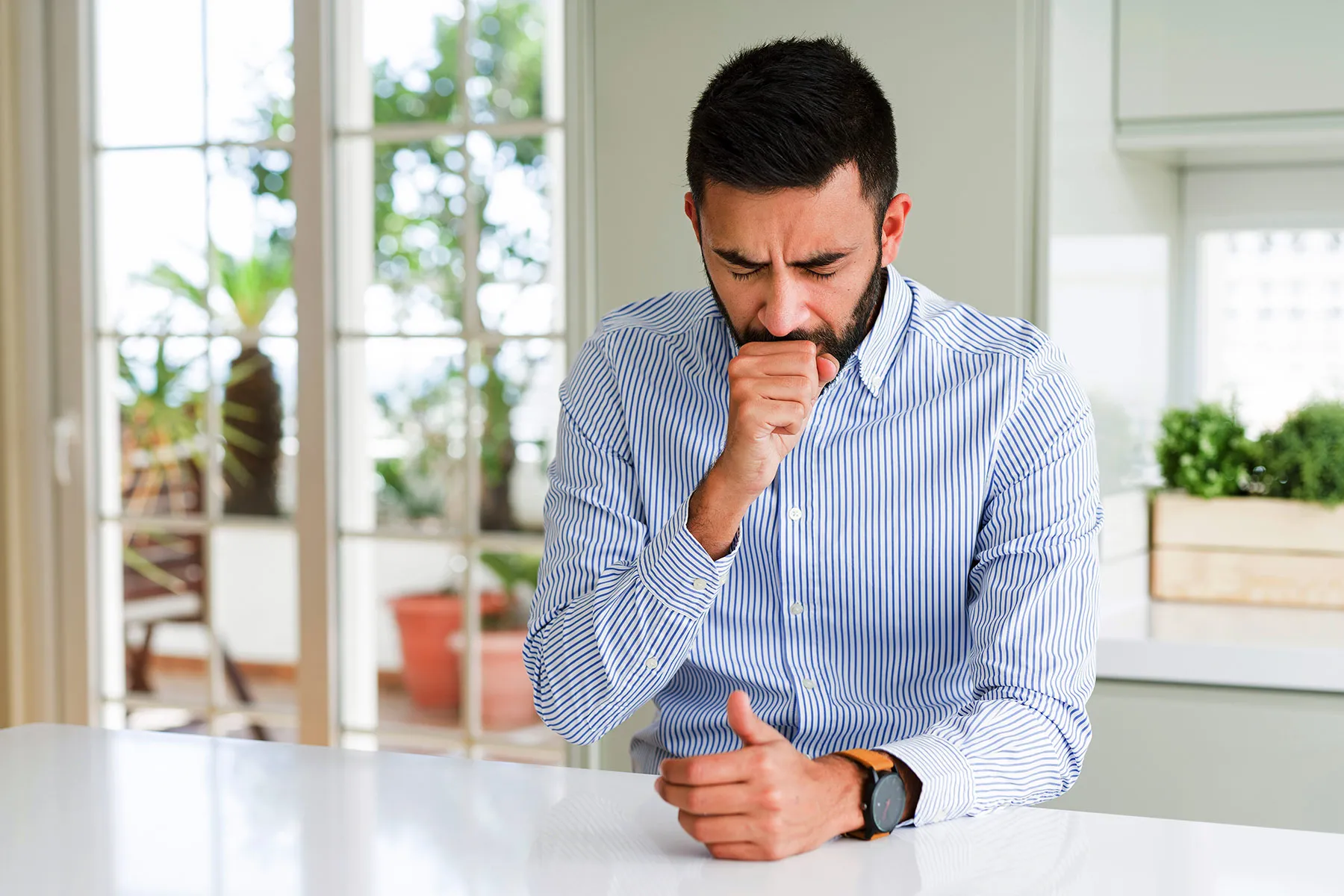Quiz: The Truth About the Common Cold


Question 1/14
How long can cold germs live on your bathroom sink?
- 5 minutes
- 1 hour
- 3 hours
- 24 hours
Question 2/14
By the time you have cold symptoms, you're not contagious anymore.
- True
- False
Question 3/14
What causes colds?
- Bacteria
- Molds and fungi
- Viruses
- An allergic reaction
Question 4/14
If you go outside with wet hair when it's chilly, you'll probably catch a cold.
- True
- False
Question 5/14
People catch more colds in winter because:
- It's rainy and snowy
- The days are shorter, so you get less sunlight
- You spend more time indoors
- People don't wash their hands as much in the winter
Question 6/14
Echinacea and vitamin C help prevent colds or shortens a cold if you already have one.
- True
- False
Question 7/14
When your preschooler has a cold, the best treatment is:
- Over-the-counter cold medication
- Rest and lots of fluids
- Aspirin
- Antibiotics
Question 8/14
Grandma was right: Chicken soup can help relieve a cold.
- True
- False
Question 9/14
The best way to prevent a cold is:
- Stay inside as much as you can during the winter
- Wash hands thoroughly and regularly
- Avoid air travel during the winter
- Take a lot of vitamins
Question 10/14
Even if your child seems to get a cold every month, it's probably not a sign of a more serious problem.
- True
- False
Question 11/14
It's probably the flu -- not just a cold -- if you have:
- A dry cough
- A runny nose
- Fatigue
- A high fever
Question 12/14
Stressed out? You're more likely to catch a cold.
- True
- False
Question 13/14
If you have a runny nose, green-tinged mucus means:
- You have a bacterial infection and need antibiotics
- It's not a cold, but the flu
- Nothing -- it's normal
- You're dehydrated
Question 14/14
The flu vaccine also works for colds.
- True
- False
